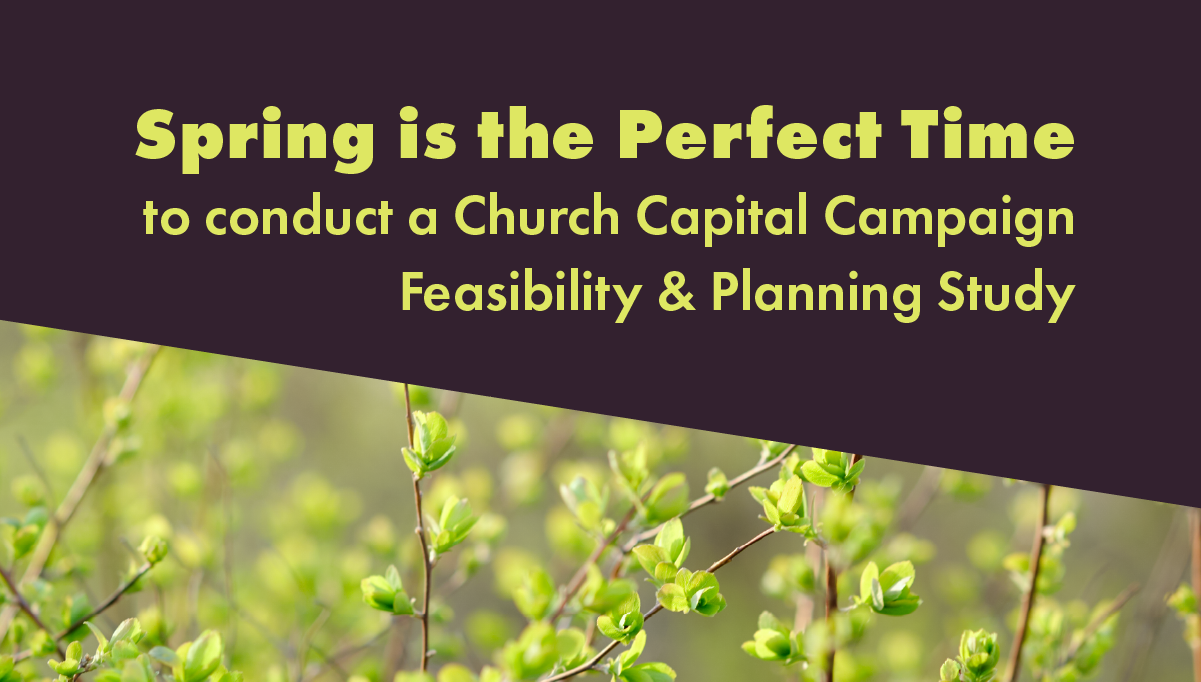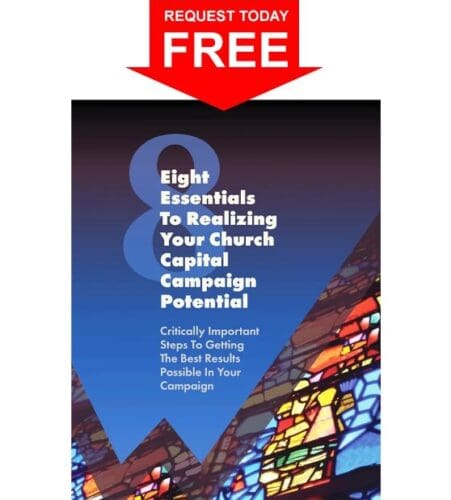The Importance of a Feasibility and Planning Study Prior to a Church Campaign
A successful church capital campaign begins long before the first dollar is raised. We often recommend, as an essential first step, a Fundraising Feasibility and Planning Study to help ensure that a campaign is both financially feasible and strategically sound. This crucial study surveys church members to assess financial capability, plan readiness, and the best path forward to maximize engagement and support for a campaign.
A Vital Tool to Test Support & Gather Feedback
If your church is considering a major fundraising initiative, a feasibility study is a vital tool for leadership to test their case for support and gather valuable feedback. It provides an opportunity to assess these key factors that will directly impact a campaign’s success.
1. Congregational Satisfaction
Understanding the level of satisfaction within the church community helps determine the overall climate for fundraising. A church with strong engagement and a positive reputation will find it easier to garner support for a campaign.
2. Awareness and Acceptance of the Proposed Project
Before launching a campaign, it is essential to evaluate whether members understand and support the proposed project’s purpose and goals. If awareness is low or there are concerns, adjustments can be made to address them before moving forward.
3. Awareness and Acceptance of the Campaign
In addition to evaluating support for the project itself, it is important to gauge members’ willingness to participate in a fundraising campaign. This helps identify potential challenges and allows church leadership to shape messaging and strategies accordingly.
4. Competition for Funds
Churches often operate in a philanthropic landscape where multiple organizations are seeking contributions. Understanding the competition for funds enables leaders to position the campaign effectively and highlight its unique significance.
5. Volunteer Potential
A successful campaign requires strong volunteer support. The study helps identify individuals who are willing to serve in leadership or organizational roles, ensuring that the campaign has the manpower needed for execution.
6. Financial Gift Potential
A feasibility study also provides insights into the financial capacity of the congregation. By assessing potential giving levels, leadership can set realistic fundraising goals and create tailored giving opportunities that align with donors’ ability to contribute.
A well-executed Fundraising Feasibility & Planning Study leads to a more efficient and effective campaign that strengthens a church’s mission and vision for the future.
The Importance of Personal, Confidential Interviews
One of a Feasibility and Planning Study’s most valuable components is personal and confidential interviews. These provide church members with a private opportunity to share honest feedback, concerns, and insights, which enables church leadership to:
- Gain deeper insight into members’ true thoughts and willingness to support the campaign.
- Identify potential leadership, donors, and key supporters who may not otherwise voice their interest publicly.
- Address concerns or objections in a direct and meaningful way before the campaign officially begins.
- Strengthen relationships with major donors by demonstrating a commitment to listening and valuing their perspectives.
- Gather qualitative data to complement survey responses and provide a more complete picture of the community’s readiness for a campaign.
Personal, confidential interviews serve as a critical bridge between leadership and the congregation, fostering trust and engagement that will be essential when the campaign is launched.
The Benefit of Hiring a Professional Firm
Hiring a professional firm to conduct a Feasibility and Planning Study offers significant advantages. Their objective perspective ensures a study is conducted impartially, yielding more accurate and actionable results. Their proven methodologies, comprehensive data analysis, and expert insight gauge community support, assess financial potential, and develop effective campaign strategies. Additionally, they provide valuable recommendations based on their past successful campaign experiences – helping churches avoid common pitfalls and maximize their fundraising efforts.
A professional firm lends a campaign credibility, helping to reassure donors that the process is well-structured and goal oriented. By leveraging professional expertise, churches can enhance donor confidence, streamline campaign execution, and ultimately increase the likelihood of a successful fundraising effort.
Download Today The Importance of A Feasibility & Planning Study Before A Church Capital Campaign



